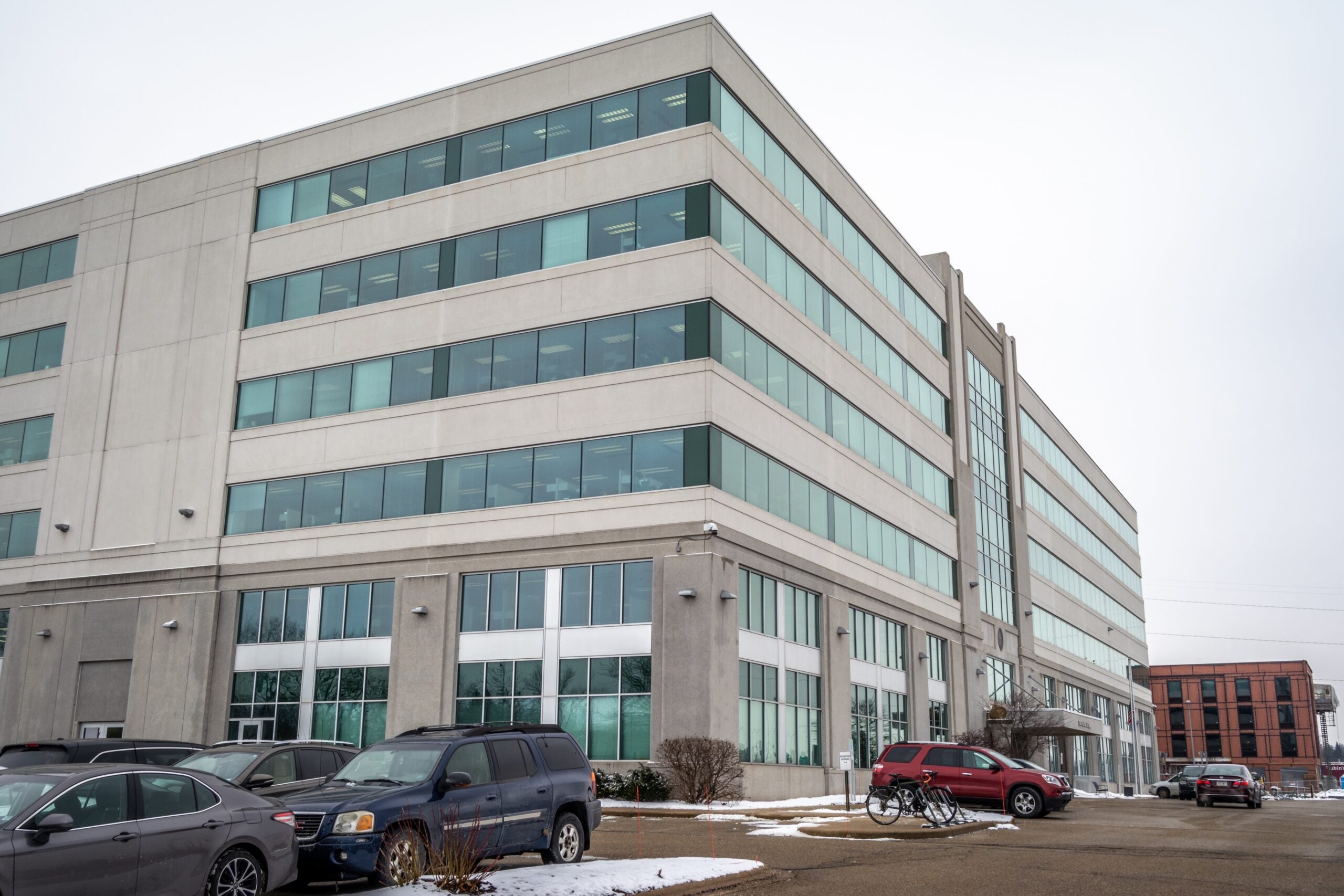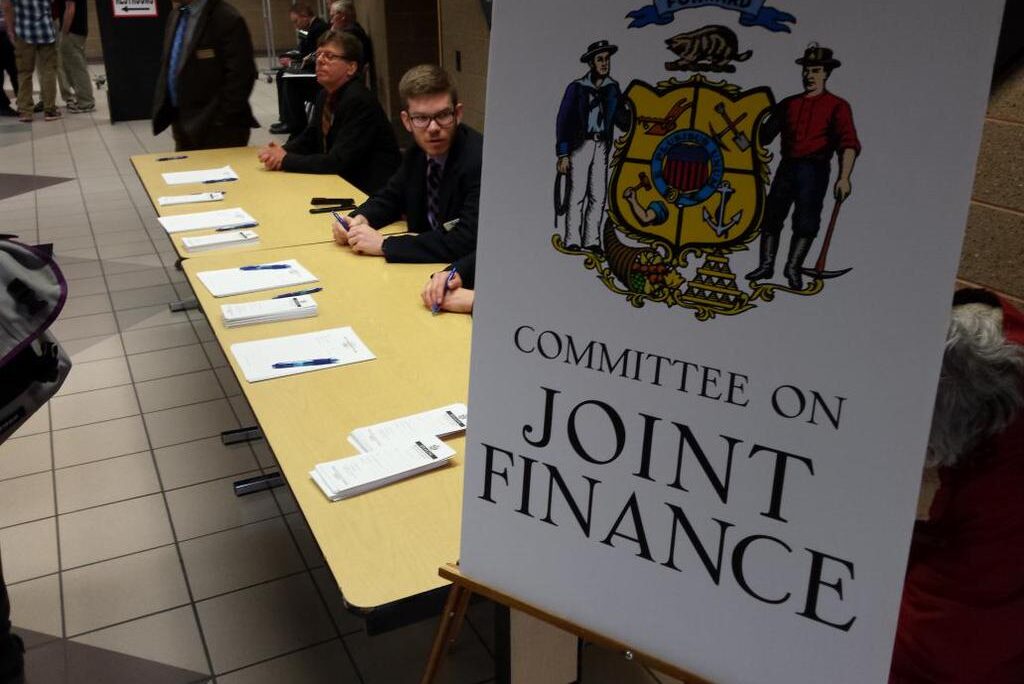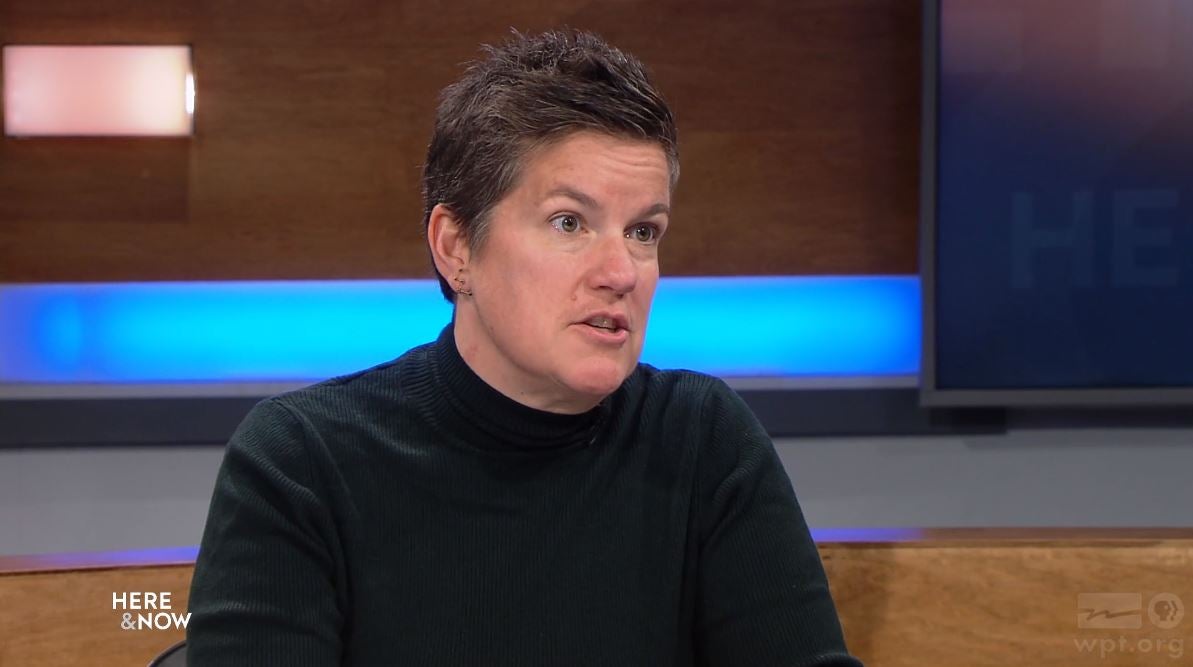Wisconsin had the highest budget reserves in 40 years this June largely due to a spike in corporate tax revenues, according to a report from the nonpartisan Wisconsin Policy Forum. However, the report says the state’s reserves are still slightly below the national average and the current state budget will spend $800 million more than the state is projected to take in by 2021.
The analysis looked at Wisconsin’s Annual Fiscal Report that provides data on state taxes, spending and reserves. It shows the state had $1.7 billion in budget reserves after taking in more than $17 billion in tax revenues during the prior fiscal year, which ended June 30. That was a year-over-year increase of 7.4 percent and the largest annual percentage increase since 2000, according to the report.
Jason Stein, a researcher for Wisconsin Policy Forum, said the overall increase in the state’s tax revenues was driven largely by a spike in the amount of Wisconsin corporate tax revenues. He said the state collected more than $442 million in corporate taxes.
News with a little more humanity
WPR’s “Wisconsin Today” newsletter keeps you connected to the state you love without feeling overwhelmed. No paywall. No agenda. No corporate filter.
“Corporate taxes, especially, rose almost 50 percent,” said Stein. “So, that was the most they have risen, the fastest rate since 1964. So, that’s really an exceptional change. And it was due to a couple things and one of them was due to that federal tax law.”
The report said the federal Tax Cuts and Jobs Act, passed by Congress and signed into law by President Donald Trump in 2017, allowed corporations to shift taxes from that year into 2018, the year the law took effect. Stein said the spike in corporate tax collections was also partly due to a tax law change included in a package of bills pushed by Republican state lawmakers just before former Gov. Scott Walker left office.
Stein said as a percentage of overall state spending, Wisconsin held fund balances of 10 percent at the end of June. He said while that is higher than it has been in recent years, it’s still slightly below the national average of 10.8 percent, according to data from the National Association of State Budget Officers.
“So, it’s very positive that we’re now really in the range of what most other states have,” Stein said. “But it’s not a situation where we’re suddenly at the front of the pack nationally.”
But while state budget balances in June were the highest in four decades, Stein said there are caveats. The report notes that the current state budget, which funds government through 2021, spends $800 million more than the state Department of Revenue is projecting to collect during that period.
“If it turns out that the projections were right, the general fund balance will go down by more than $800 million,” said Stein. “Right now, it’s like $1.1 billion. So, $800 million out of that is not small amount. That’s a significant draw down.”
State lawmakers are drawing down the fund balance in the current budget to pay for increased aid to public schools and an income tax cut, according to the report.
State Rep. John Nygren, R-Marinette, cochairs the state’s budget-writing Joint Finance Committee. He said the figures “kind of closes the book on the eight years of the Scott Walker budgets and our economy.”
“I think it shows while we’ve been headed in the right direction, there is still risk,” said Nygren. “I think our rainy day fund at $650 million, the highest it’s been in my time in the Legislature and I think it’s the highest ever, is a positive number. It’s a fraction of what would be needed in a downturn in the economy. So, this is no time to change course.”
State Sen. Jon Erpenbach, D-West Point, who is a Joint Finance Committee member, declined to comment on the balance figures until he read the report. A request for comment to a spokeswoman for Gov. Tony Evers wasn’t returned.
The Wisconsin Policy Forum report concluded by stating that in the past, strong tax revenue years have often been “followed by recessions and difficult state budgets.” With economists warning that the U.S. could be at the precipice of another economic downturn, “the state’s current financial strength and it’s past challenges” are worth remembering as lawmakers plot the state’s future fiscal path.
Wisconsin Public Radio, © Copyright 2026, Board of Regents of the University of Wisconsin System and Wisconsin Educational Communications Board.





